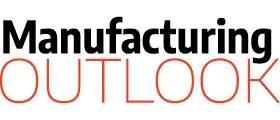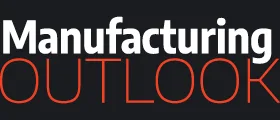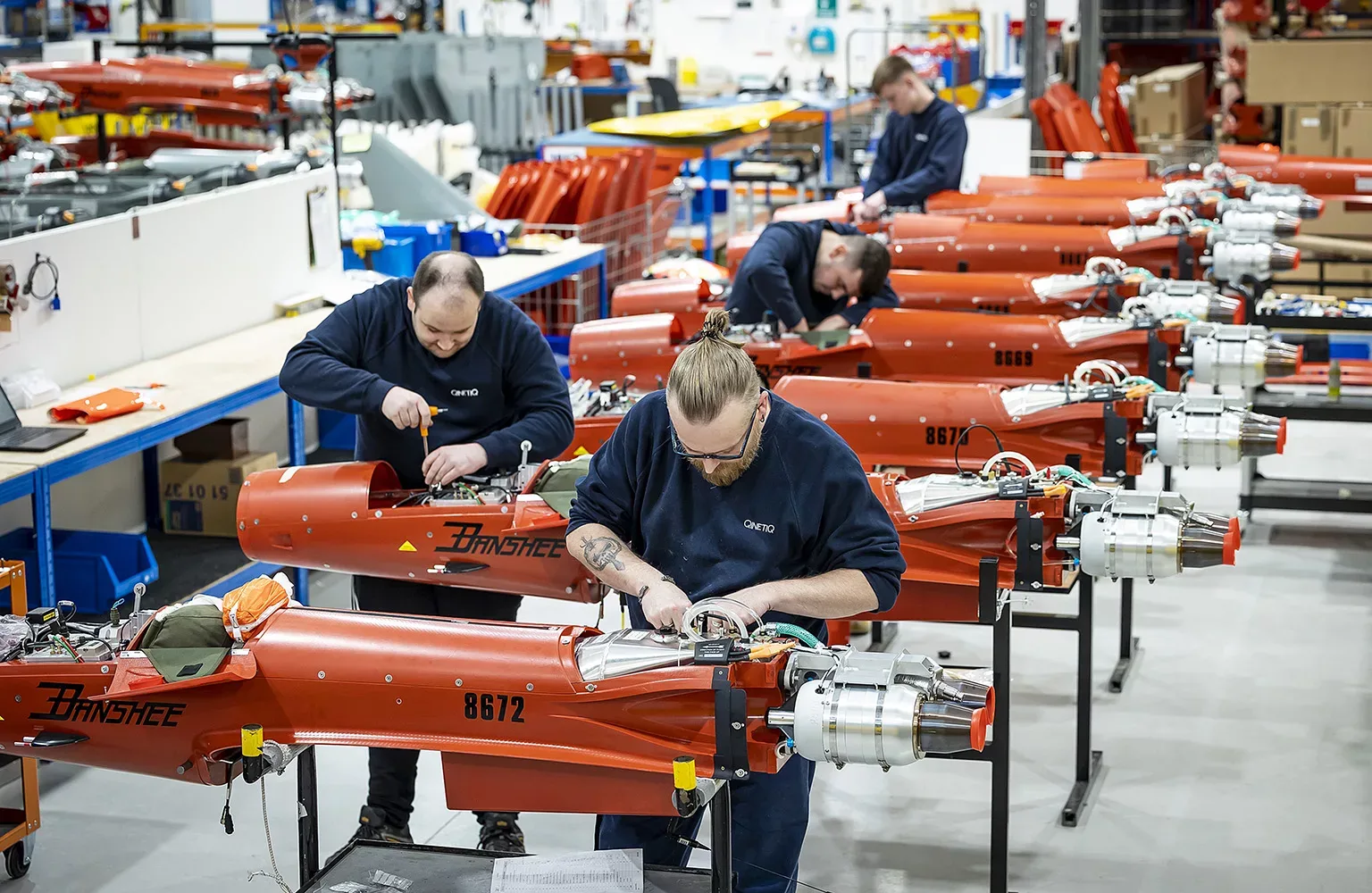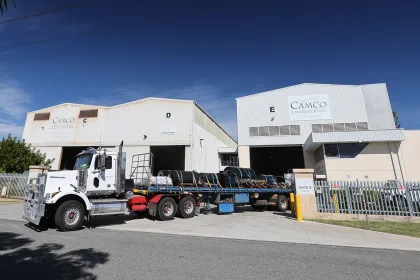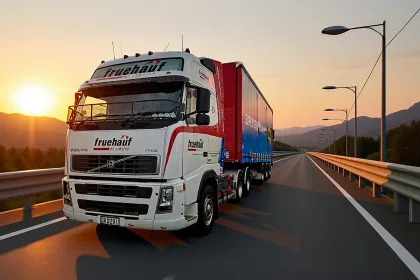Protecting the national security interests of customers, QinetiQ Target Systems delivers industry-leading solutions designed and developed for threat replication, military operational training, and weapon system tests and evaluations. We learn more about the company’s manufacturing excellence with Director of Operations, Alan Short.
NAVIGATING A COMPLEX THREAT ENVIRONMENT
The ongoing impact of the COVID-19 pandemic has permanently changed how manufacturing organizations operate.
Forced to contend with widespread skills shortages, global manufacturers are finding it increasingly difficult to hire staff in a timely manner, with candidates seeking increased flexibility, enrichment, and development in new roles rather than traditional rewards and remuneration.
Elsewhere, the increased digitization and adoption of automated technologies in manufacturing continues at pace, positively impacting responsiveness, productivity, and waste reduction.
Even in manual manufacturing environments, the industry has witnessed growing levels of automation connecting the shop floor with the point of sale, alongside the use of data and analytics which enable modeling and pre-emptive decision-making.
Within the vast defense manufacturing sector, these current trends abound.
As the worldwide threat landscape is constantly evolving, more sophisticated aircraft are being developed, unmanned aerial vehicle (UAV) use is growing, electronic warfare and swarm tactics are on the rise, and supersonic anti-ship missiles are becoming more prolific.
Additionally, with the emergence of anti-ship ballistic missiles and new hypersonic threats, it can seem impossible for defense manufacturers to keep pace.
Using mission-led innovation, the overarching goal for leading North American manufacturer, QinetiQ Target Systems (QTS), is to be the chosen defense partner around the world, helping shape the future of the sector by solving real-world problems.
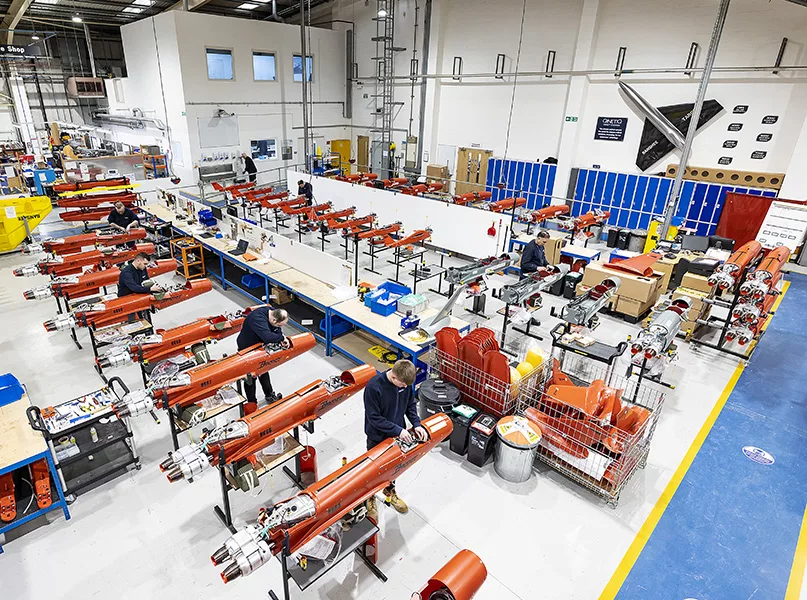
“As an internationally leading provider of uncrewed air and surface autonomous platforms, we protect the national security interests of customers by delivering top-of-the-range solutions.
“Designed and developed for threat representation, our products help ensure operational readiness in militaries across the globe,” introduces Director of Operations, Alan Short.
In this way, QTS expertly designs, develops, and manufactures uncrewed vehicles and supporting equipment for weapon system tests and evaluations. These include aerial and surface targets, customizable payloads and towed targets, launchers, and ground control stations.
Additionally, QTS also offers a range of global field services, including custom target operations, global live-fire exercises, and vessel maintenance services for end-to-end training applications.
“With worldwide capability, our customer base is global, with NATO and AUKUS, a security partnership for the Indo-Pacific region between Australia, the UK, and the US, primarily utilizing our product and service offerings,” adds Short.
“At present, we have 150 to 200 employees in the business working both remotely and spread across our two manufacturing facilities in Alberta, Canada, and Ashford, UK.”
“As an internationally leading provider of uncrewed air and surface autonomous platforms, we protect the national security interests of customers by delivering top-of-the-range solutions”
Alan Short, Director of Operations, QinetiQ Target Systems
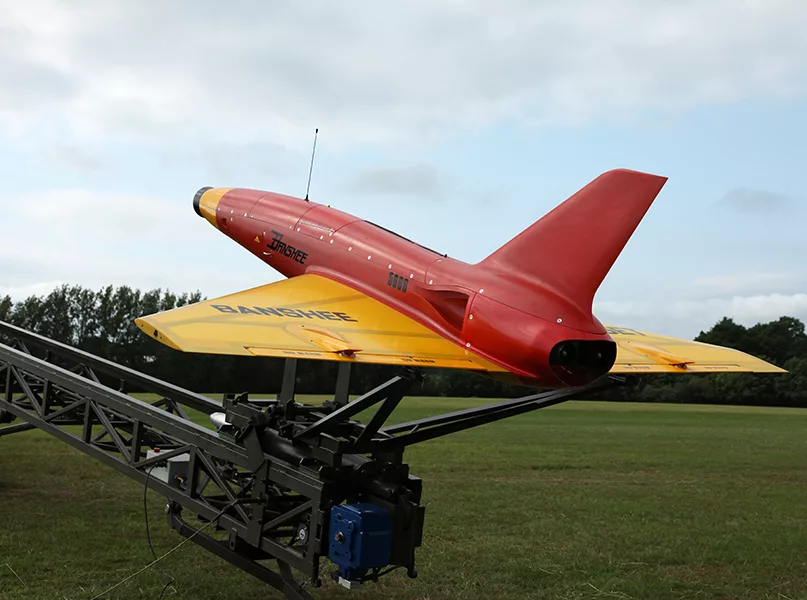
KEY CAPACITY MILESTONES
Towards the end of 2023, QTS reached an incredible milestone in the production capacity of its signature product – the 9,000th Banshee Aerial Target drone. The target formed part of the British Royal Navy’s Project Vampire, providing a low-cost, high-performance uncrewed aircraft system for the program.
“By the end of this year, we are on track to accomplish the landmark of 10,000 units produced! This is a testament to the continued quality we deliver and another achievement we look forward to celebrating,” Short enthuses.
Furthermore, by meeting the increasing demand for advanced autonomous systems, the development of QTS’ multi-role autonomous boat (MRAB) is progressing on schedule.
This vessel, featuring remote autonomous operation with crewed and uncrewed functionality, is set to be unveiled in late 2025, manufactured in partnership with Zodiac Hurricane.
The boat’s key features include single-user control with integrated autopilot and antenna farm capabilities, remote access to critical sensors, payloads, engine information, and vehicle command, alongside powered onboard batteries and a robust onboard safety system.
Elsewhere, the company has started to decentralize its manufacturing systems, supporting its single route to market strategy.
“First, we are setting up a North American supply chain for our aerial targets. As we take this forward to other products and regions, this will include developing a nuanced supply chain that has the capacity and capability to support the region with the highest customer demand whilst enabling other areas of less demand to leverage the benefit of investment and lower unit costs,” he explains.
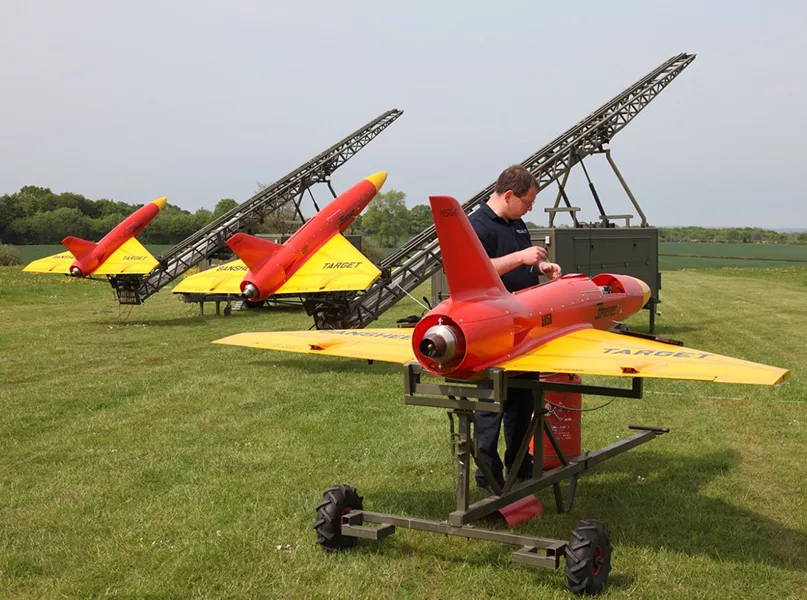
VALUING THE SUPPLY CHAIN
The diverse range of specialist materials and components that are part of QTS’ products means the company heavily relies on its well-oiled and efficient supply chain, meticulously compiled over time to form a smooth, reliable operation.
“Our supply chain partners’ support and performance were a key contributor in achieving a record year in aerial and surface targets. The importance of our partners will continue to increase with the level of technology in our products,” Short elaborates.
This requires a mature relationship in which QTS supports the supply chain’s investment in capability, as the company aims to treat partners how it would like to be treated by its own customers.
“We have focused heavily on building beneficial relationships with our key suppliers in the last year, including exploring mutual sharing of cost and productivity improvements and establishing agreements where risk is shared and mitigated,” he adds.
“We still have a way to go, but we are taking a holistic view of order and inventory management, knowing this will yield long-term benefits. We are already seeing significant improvement in the metric of on-time in-full (OTIF) and working capital.”
As an organization, QTS recognizes that its impact reaches far and wide into the supply chain and is therefore embedding policy and action into its supplier onboarding, contracting, and ongoing governance.
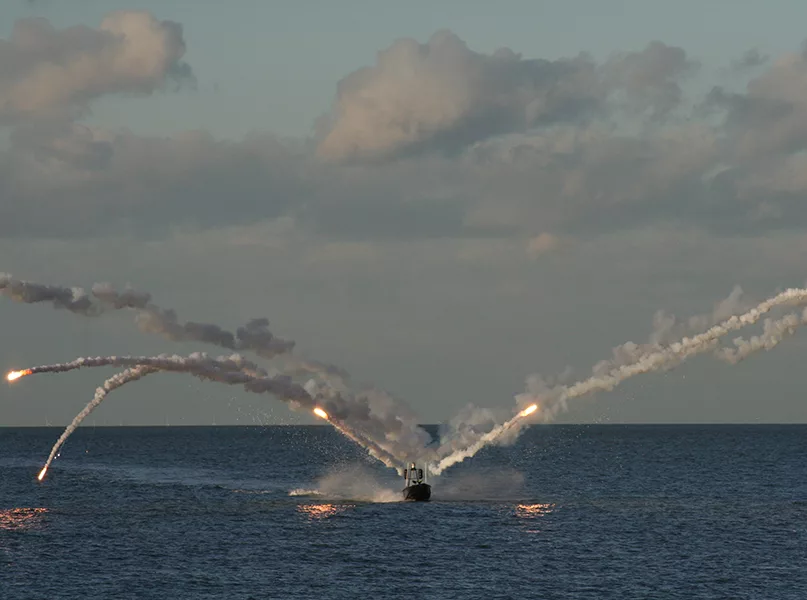
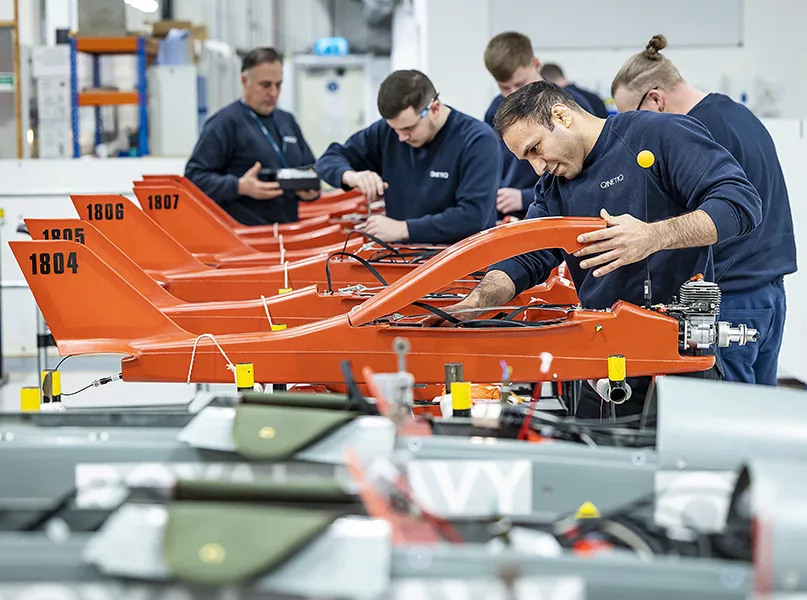
FLEXIBLE AND RELIABLE
With the leading ability to create and deliver customized solutions and fully integrated systems worldwide, QTS gives its customers the flexibility and futureproofing they need to stay ahead.
This client-focused approach sets the company apart from other manufacturers and industry peers, as it can effectively respond to requirements using the talent and exceptional resources in its state-of-the-art engineering facilities in the UK and Canada.
“One of the challenges I enjoy at QTS is balancing the development of the manufacturing operations and supply chain with an increasing portfolio of products,” references Short.
“This requires us to continually develop standardization and rigor in our product transfer processes, upskill and progress the team, become more flexible and responsive in manufacturing, and increase supply chain capability. It is a multifaceted challenge, and I am very happy with how we are rising to tackle it,” he acclaims.
Responding to a wide range of world events and continuing to support its customer base compounds QTS’ need for flexibility and responsiveness. To date, the company’s success can be attributed to this adaptability and will continue to be crucial in how it responds to customers’ needs and maintains a respected reputation within the industry.
Moving forwards, QTS’ primary role as an operations team boils down to delivery.
“We are targeting unit output increases of 10 to 25 percent, depending on the site. We will also build upon the fantastic momentum we made in productivity improvements during the last financial year, continuing our exciting journey in lean manufacturing,” Short concludes proudly.
